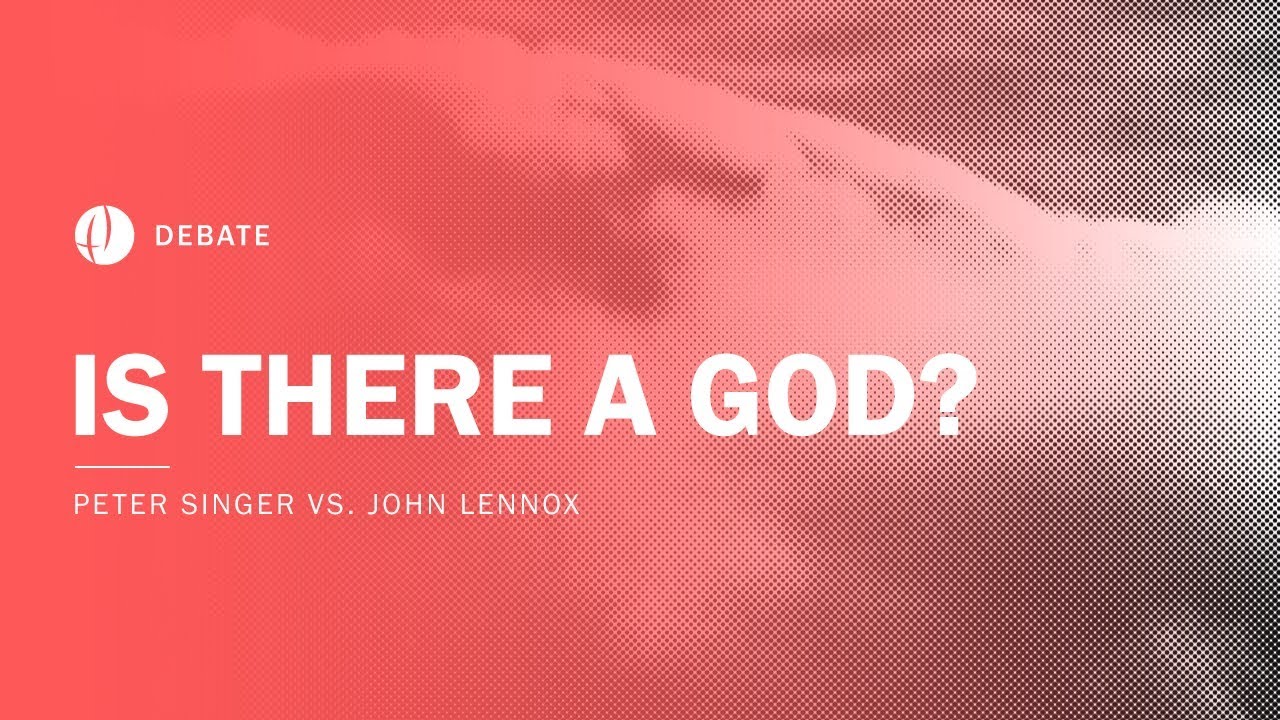It’s always nice when I can find something that sums up my own view so well. Of course, Richard Carrier has helped develop that view, but he bases it on a couple of thousand years of philosophy and accumulation of knowledge, so I’m not just parroting.
In this post, he addresses how scientists, I’m talking about the people now, often say naturalism is something they choose as a premise for their work, and they are fine leaving others to have their gods or whatever. But, science, as in the centuries of study, has really shown that naturalism is the only correct approach, anything else is someone trying to force their private beliefs on you. As he says, if we all said this out loud, it would “blow up the world”. It’s the “New Atheists” approach. So, we go on letting people have their Christmas and Easter TV specials, to keep the peace.
Where it comes into conflict with this forum is when people show up, present a theory, then get mad because some of the regulars are not “open-minded”. I’ve had this happen with personal friends too, like ones who want to tell me about my astrology or something.
The key, and he quotes Gregory Dawes on this, is, after so many generations investigating so much, we can now, with nearly 100% precision, conclude that supernatural claims are no longer tenable because claims “should be supported by reference to some publicly-accessible body of evidence”. Personally, I’m fine if that is something only you have noticed, some bit of logic that put together two seemingly unrelated things. But those things still have to be things I or someone can see (or detect with whatever), and the logic still has to be sound.
I could expand on this, but the post does a lot of that, and I want to go gather some firewood.



